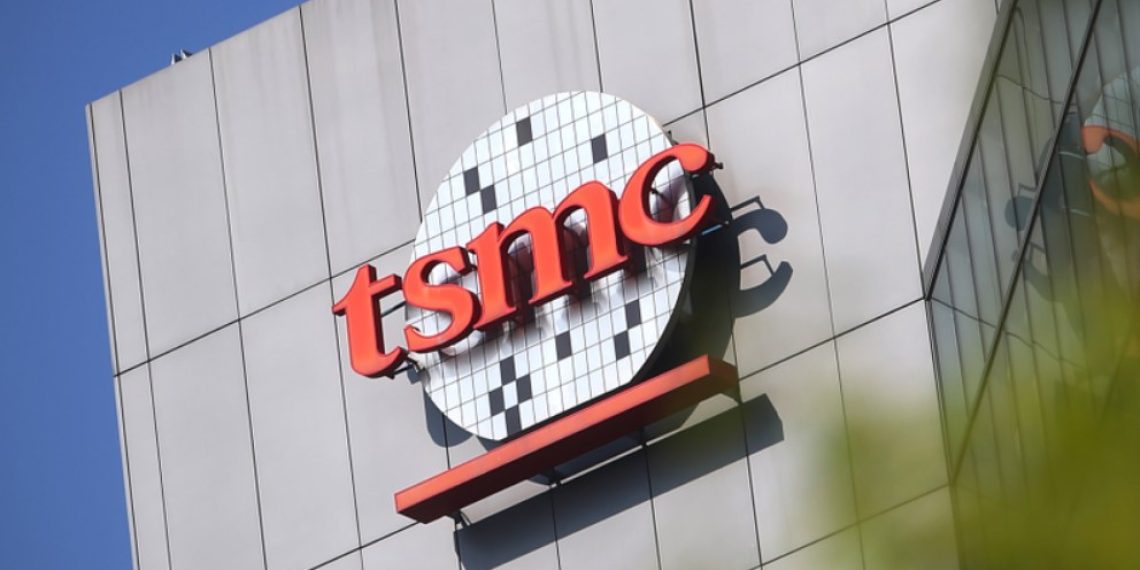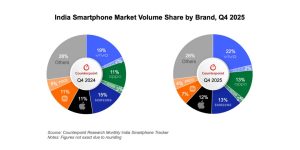Semiconductor powerhouse TSMC (Taiwan Semiconductor Manufacturing Company) has taken a monumental step towards expanding its reach into Europe’s semiconductor market. The company has unveiled its strategic plans to establish the European Semiconductor Manufacturing Company (ESMC) GmbH, a joint partnership with prominent industry players Robert Bosch, Infineon Technologies, and NXP Semiconductors. The primary goal of this initiative is to manufacture 28/22nm and 16/12nm chips within Europe’s borders, addressing critical needs for automotive and industrial sectors.
Formation of the European Semiconductor Manufacturing Company (ESMC)
The ESMC project, boasting a colossal investment surpassing €10 billion, will undoubtedly mark a significant milestone in Europe’s semiconductor landscape. This collaboration represents the embodiment of a comprehensive approach to chip manufacturing, a venture with implications that ripple across multiple industries and technologies. The entity will be responsible for driving the development and production of advanced semiconductor chips on European soil, a move that holds vast potential for the region’s technology and manufacturing sectors.
Key Players and Stakeholder Dynamics
In this groundbreaking endeavor, each participant brings their distinctive expertise to the table. TSMC, with its unparalleled reputation in chip manufacturing, stands as the majority stakeholder with a 70% share in ESMC. Robert Bosch, a renowned global technology and engineering company, along with Infineon Technologies and NXP Semiconductors, hold equal 10% stakes. The synergistic alliance of these industry giants forms a well-rounded consortium poised to revolutionize chip manufacturing within Europe.
Concrete Plans and Timelines
The vision of ESMC is underpinned by concrete plans and ambitious timelines. Construction of the fabrication facility (fab) is set to commence by the second half of 2024, a crucial step in establishing the physical foundation for Europe’s burgeoning semiconductor industry. The manufacturing process itself is projected to kick off in 2027, targeting the production of 40,000 units of 300mm wafers per month. These wafers will be crafted using TSMC’s cutting-edge 28/22nm process and the 16/12nm FinFET process, focusing on delivering high-quality chips tailored to the specific needs of the automotive and industrial sectors.
Aiming for Relevance in Key Areas
While the fabrication facility won’t focus on crafting the latest smartphone chipsets or GPUs, its emphasis on older nodes like the 28/22nm and 16/12nm processes is far from arbitrary. The strategic choice is closely aligned with the demand for microcontrollers vital to the automotive industry, ensuring that these older, yet highly relevant, technologies are consistently available. This approach also plays a pivotal role in mitigating potential chip shortages that have a direct impact on critical industries like automotive.
Bolstering European Industries and Navigating Challenges
The inception of ESMC is set to serve as a powerful catalyst for Europe’s automotive and industrial sectors. By addressing the specific needs of these industries, the initiative aligns with modern technological demands while cementing the region’s place in the global semiconductor landscape. This venture demonstrates a proactive approach to preempting and mitigating potential chip supply chain challenges, an essential factor in sustaining manufacturing momentum and innovation.
In essence, TSMC’s strategic foray into Europe through the ESMC partnership is poised to contribute significantly to the region’s technology, manufacturing, and economic landscapes. By pooling the resources, expertise, and strengths of industry leaders, this initiative sets a precedent for collaborative advancement that will undoubtedly shape Europe’s role in the semiconductor arena for years to come.













































































































































































